Are you wondering what scarecrows have to do with synthetic biology? Well, from now until January 2024, BioBuilder and STREAMWORKS are partnering to challenge student robotics teams in Tennessee to address real-world aspects of agricultural technology – and biotechnology! Read on to get the full picture.


In Come the Robots and Drones!
The SCARECROW Challenge is this year’s focus for the Robot Drone League (RDL). RDL is a hands-on learning (and doing!) program in which students use robots and drones to help address a specific challenge. They begin designing solutions to the challenge in September, and demonstrate it during a game format in January.
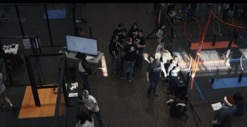
The program combines the excitement of competition with science and technology, and helps students develop skills used in the technology industry. Unlike other robotics competitions, students will design, build, and program their robots and drones without intervention from their mentors. That takes the challenge to another level!
RDL is part of STREAMWORKS, an educational program that provides opportunities for K-12 students and educators to participate in exciting mentor- and project-based programs that focus on learning and using STEM skills, inspiring innovation, and fostering the development of life skills. Located on the Eastman Valleybrook Campus of East Tennessee State University (ETSU), STREAMWORKS promotes STEM robotics learning through its RDL and other programs.
In Comes BioBuilder!


BioBuilder is helping with the development of a series of broad-spectrum, transcriptional promoters to use in the bioengineering of a robust corn variety that is resistant to fungi. They have provided an on-site “Mobile Accelerator” that will speed up the creation of synthetically bioengineered corn varieties. As the bioengineered varieties are field-planted and grow, each will need to be sampled and analyzed for the desired traits.
The RDL teams will design, test, and implement robots and drones that will collect plant samples from the field and process expedited genetic testing in the lab.
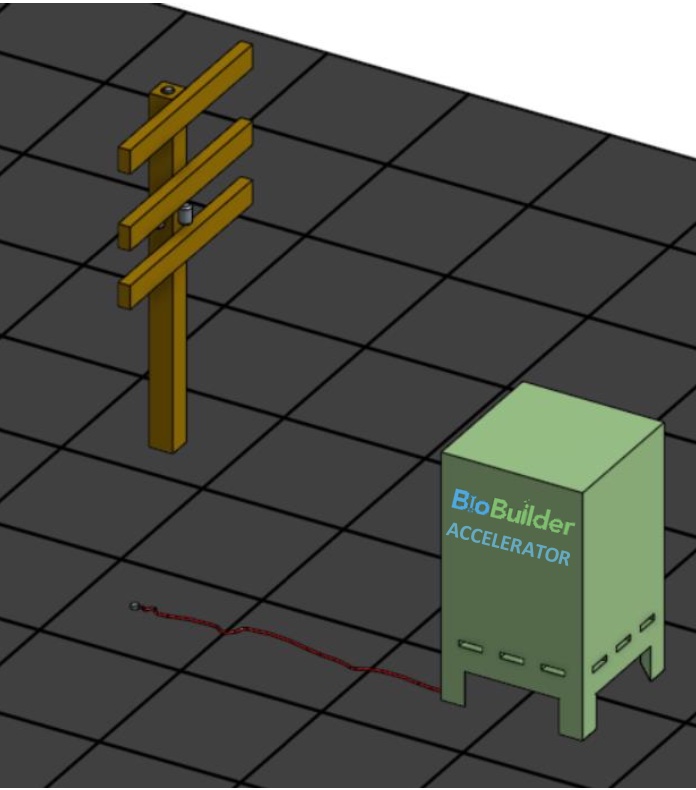
There are a number of logistical challenges the teams need to address:
- Recent storms and heavy rainfall have made the field inaccessible to humans and tractors. Specialized machines must be used to inspect and access the field to collect samples for bioengineering and testing.
- Power outages have occurred in the area, which affects use of the BioBuilder Mobile Accelerator as well as the electrically-controlled gate into the field.
- The Accelerator requires ample amounts of water to operate, but due to extreme flooding and downed power lines the water supply has been turned off at the main valve. It can be turned back on mechanically or electrically at the valve.
Game On!
The teams are challenged to use their robots and drones to complete a number of primary tasks during the competition—each of which consists of many subtasks—to earn as many points as possible. The primary tasks include:
- Water Works Repair
- Solar Panel Optimization
- Corn Field Harvest
- Power Line Repair
- Power Line Backup
- Beetle Control
- Methane Generator
- Field Mapping
- Water Quality Test
- RFID Beacon Activation
- Genetically Engineered Seeds
- Answer STEM Questions
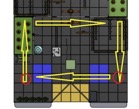
The students really have their work cut out for them! But if previous years are any indication, they are up to the challenge.
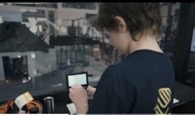
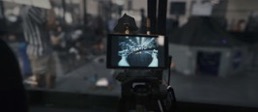
The ultimate “win” is that students develop skills used in the technology industry, they learn to communicate and collaborate with their team mates, and studies show that they are more likely to attend post-secondary education.
Device Dude
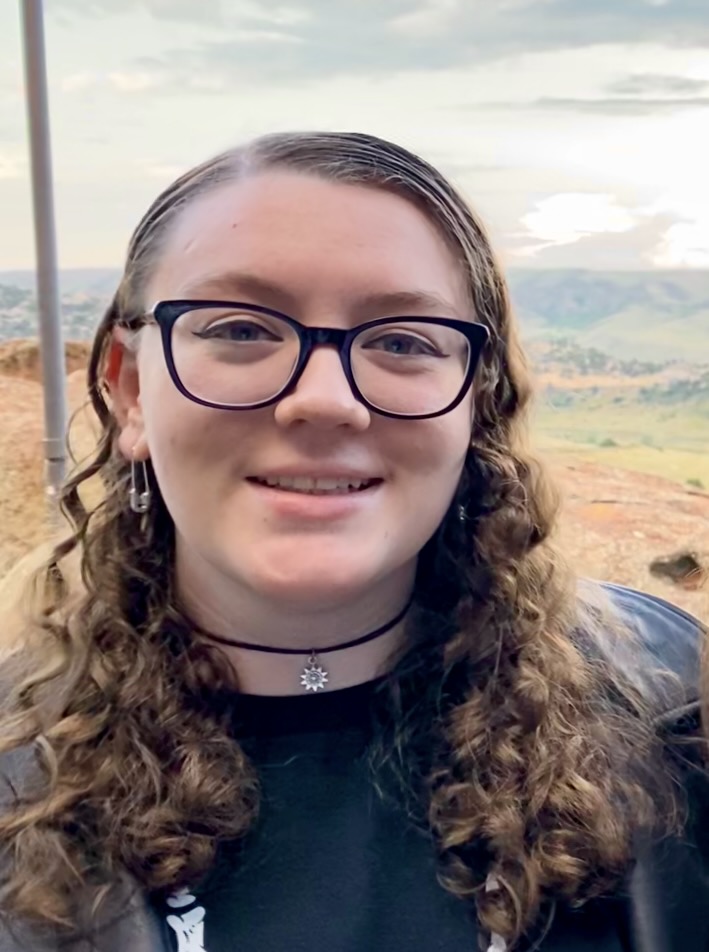
Rachael Smyers was part of the 2019 BioBuilder High School Apprenticeship Challenge that was held at LabCentral. The program’s “learning by doing” approach attracted her to it, especially since she got what she felt was a late start in the Vocational Technical Program at Medford High School. Starting there in her junior year, she spent mornings taking 3 or 4 traditional high school classes (English, History…) and the afternoons in Biotech Shop, learning lab skills like pipetting, prepping buffers, running gels, and culturing mouse cells.
In this podcast episode, Rachael talks about how the BioBuilder Apprenticeship Challenge let her connect with students she would not have otherwise met, helped her practice technical skills, and taught her more about the science behind laboratory techniques. The program let her “see the science world outside of the classroom while still inside the classroom.” The program led directly to a summer internship with one of BioBuilder’s industry partners, Indigo Ag, and thanks to a successful summer there, Rachael continued as a year-round employee, working on agricultural biotechnology through her two years at Bunker Hill Community College and her Junior year at University of Massachusetts – Lowell.
You will be inspired!
